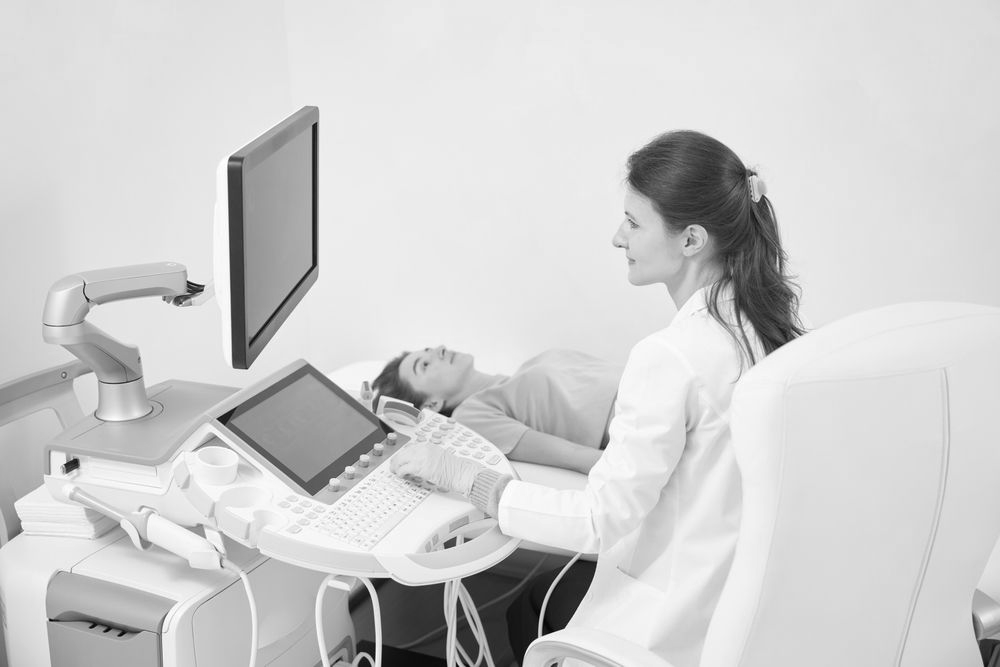Abortion
Considering Abortion?
Have you been shocked by an unexpected pregnancy? Considering abortion? Our caring staff at Willow Womens Center understands the uncertainty and fear you face with an unplanned pregnancy, and we are here to help. You deserve to be empowered with the facts you need to make an informed choice, and we provide the most up-to-date information so you can feel confident about your decision before proceeding.
We are a licensed medical clinic with licensed healthcare professionals who provide the services you need at no cost. Our supportive team will listen to your concerns and answer your questions in a non-judgmental and caring manner.

Book an Appointment
Schedule a Pregnancy Consultation Appointment below or get information about our location.
What Should You Do First?
We can provide you with a medical-grade pregnancy test at no cost to confirm your pregnancy. If your pregnancy test is positive, an ultrasound will determine how far along you are and if your pregnancy is viable. If the ultrasound reveals a viable pregnancy, our staff will provide you with valuable information associated with each abortion option available to you at your stage of pregnancy.
We also offer no-cost testing for common sexually transmitted infections (STIs) to protect you from developing pelvic inflammatory disease (PID), which is a serious infection of your reproductive organs.


What Do You Need to Know About Abortion?
Abortion is a medical or surgical procedure, and there are several types of abortion. A physician determines which methods are available to you based upon your health and how far along you are in your pregnancy.
Abortion procedures include medical abortions – Plan B is emergency contraception (within the first few days after unprotected sex), Plan C is the abortion pills – as well as surgical abortions. These are performed in a clinic and more invasive. The cost for abortion procedures varies greatly, depending on the type of abortion and if there are complications requiring further surgeries or medical treatment.
If you are considering an abortion, we want you to be empowered with information on the types of procedures and how they can impact you. The unbiased licensed healthcare professionals on our medical team will try to answer any questions you may have.
Types of Abortions
Plan B

Plan B, often called the “Morning After Pill,” is a high-dosage birth control pill that women can take up to 72 hours after unprotected sex. It ends a pregnancy by preventing an egg from being released, interfering with a woman’s menstrual cycle, or preventing an embryo from implanting in the uterus. Some side effects include nausea, dizziness, abdominal pain, headaches, and vomiting.
Abortion Pill

Abortion Pill is a medical abortion procedure that involves a series of two medications that are taken within the first 10 weeks of pregnancy. The first medication will stop the hormone needed to sustain the pregnancy. Side effects associated with the second medication include severe cramps, bleeding, nausea and vomiting. It is possible that after these two pills, women will still need a surgical procedure to effectively complete the termination.
Surgical Abortions

The most common surgical abortion procedure is the Manual or Vacuum Aspiration procedure. This procedure involves using either a syringe or vacuum to suck the pregnancy out of your body. After a vacuum aspiration abortion, you will need to take antibiotics to prevent infection, as well as pain relievers to help with the cramping discomfort. You can expect to experience cramps until the uterus shrinks back down to its normal size, which can take a few days. Bleeding and spotting can last two weeks or longer. You may notice when you are more active, your bleeding increases, and when you are less active, it reduces to spotting. As with any other surgery, you should expect to feel some side effects including cramping, nausea, sweating and faintness.
The Dilation and Evacuation procedure combines vacuum aspiration, dilation and curettage, and forceps. For this procedure, you are given a sedative and an injection in your cervix, while forceps are used to remove larger sections of the pregnancy. A curette is then used to scrape the lining of the uterus, while suctioning any remnants out of your body.
What Are The Risks?

Just like any surgery or medical procedure, there are health risks associated with abortion. Some risks may include heavy bleeding, infection, damage to cervix, damage to the uterus, damage to other internal organs, sepsis, fertility loss and death. If you still have questions, our medical team can give you the complete information on the risks of these procedures.
What Does Viable Mean?

A viable pregnancy is a pregnancy that will most likely carry to term. Having a positive pregnancy test does not mean you have a pregnancy that will result in birth. Up to one-third of all pregnancies are not viable, meaning they have no chance of survival. An ultrasound helps you determine if you have a pregnancy that requires a decision.
Find Us
Willow Womens Center
2680 Prairie Ave,
Beloit, WI 53511
Open Hours
Mon-Wed from
9:00am-4:00pm
Call or Text Us:
608-312-2025
Latest Articles
Book an Appointment
Schedule a Pregnancy Consultation Appointment below or get information about our location.






